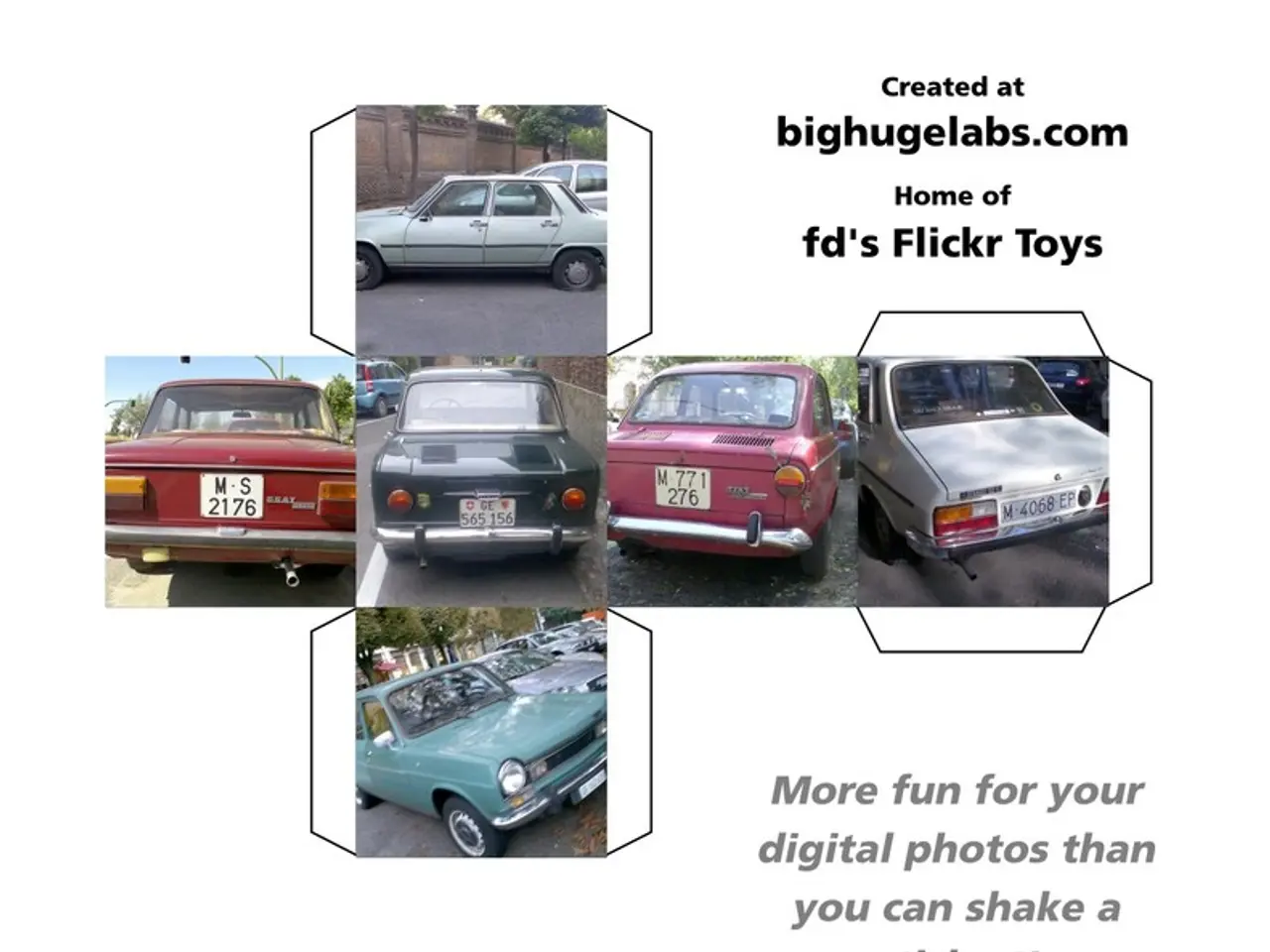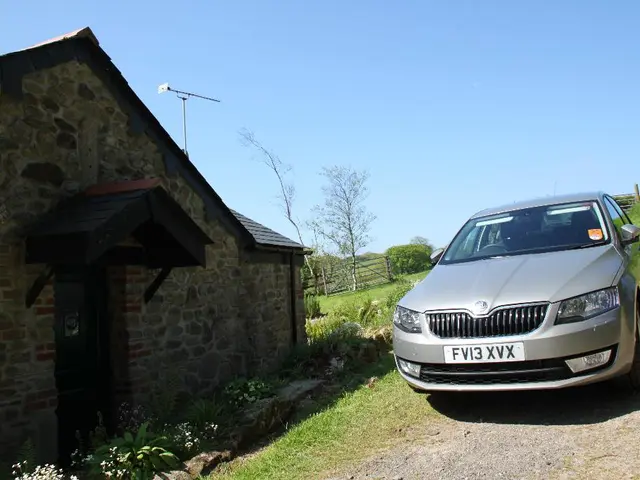BMW Aims for 25 Battery EVs by 2024 in Push for Sustainability
BMW, a pioneer in sustainable automotive practices, has outlined its ambitious plans for electric vehicles and supply chain decarbonisation. The company aims to have 25 battery EVs by 2024 and increase the use of recycled materials in its products.
BMW's commitment to environmental responsibility dates back to 1973 when it appointed its first environmental officer. Today, the company is leading the way in reducing its carbon footprint. By 2030, BMW aims for 50% of its global car sales to be battery electric, with a higher percentage expected in the UK.
BMW's 'Efficient Dynamics' program and BMWi initiative introduced electric vehicles in the early 2000s. The company has since joined the Paris Climate Agreement, committing to the 1.5-degree target and aiming to reduce its overall carbon emissions by 40% by 2030 compared to 2019 levels.
BMW focuses on decarbonising its supply chain, with three-quarters of its carbon footprint coming from the use-phase of its products. The company has finalised 707 contracts for carbon-reduced products, resulting in a 1.7 million ton CO2 reduction in its supply chain. BMW works closely with suppliers to reduce CO2 emissions in production processes, particularly in steel, aluminium, and batteries.
In a significant step, BMW has developed a new alloy specification for aluminium wheels, increasing the use of secondary materials from 20-30% to 70%. The company has achieved this independently, working with aluminium recycling specialists like Novelis, without a direct partnership with another automotive manufacturer.
BMW's commitment to sustainability is evident in its ambitious plans for electric vehicles and supply chain decarbonisation. By 2024, the company aims to have 25 different battery EVs, including four-wheel and two-wheel models. BMW's efforts to increase the use of recycled materials in its products, such as aluminium wheels, demonstrate its leadership in environmental responsibility. The company's focus on reducing its overall carbon emissions and working with suppliers to achieve this goal highlights its dedication to sustainability.
Read also:
- Emerging Investment Trends in China's Ethical Finance Sector for 2025
- Construction and renovation projects in Cham county granted €24.8 million focus on energy efficiency
- Colombia's Court Abolishes Local Referendums on Land Use, Sparking Mining Sector Concerns
- Trump challenged in court over halting billions in funding for electric vehicle charging infrastructure







